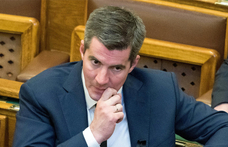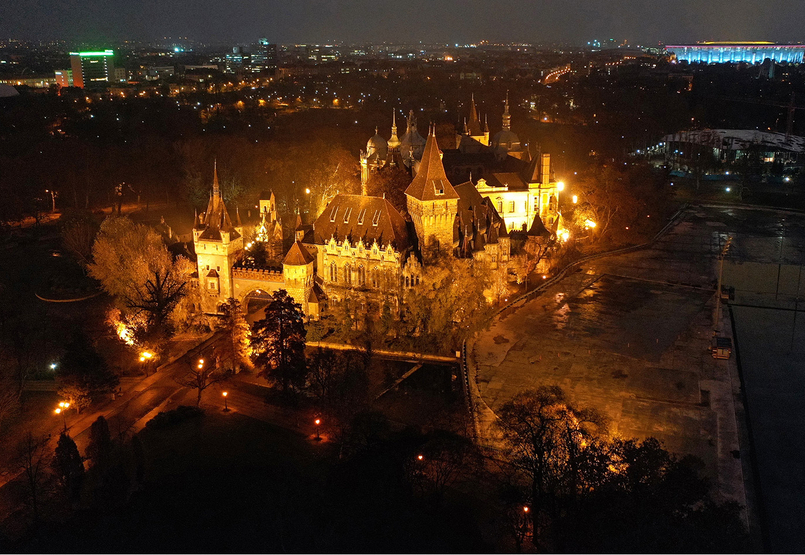Albert Takács
Book of the ex-cultural minister
Love him or hate him, like or dislike what he did as Minister for Culture, but there was no denying it that he was a scholar with outstanding powers of analysis. When he joined the Gyurcsany government, I can hardly have been the only one who dared to hope that he might serve as an intellectual Trojan Horse among all the politicians and party bureaucrats. But he, too, turned into a politician, seeming to lose his powers of self-criticism as he settled into his gilded ministerial chair.
Old elites in young democracies
The title of the historian Hans-Joachim Veen's speech to the 20th Century Institute said it all. As the professor of comparative government at the University of Trier said, in many places a new generation of the old elites came to power, while elsewhere the secret services provided the successors.
Night of the long knives for law and order
Justice and police minister Jozsef Petretei is on the way out. Apart from him, Laszlo Bene, Peter Gergenyi and Jozsef Dobozi all fell victim to Ferenc Gyurcsany's drastic reshuffle. The prime minister said the police was in need of fundamental reform. Allegations of police brutality had been the last straw, the prime minister said.
Politics and the security services
Security experts believe the National Security Office (NBH) could end up sharing the police forces' fate.
The Fidesz congress
The EU needs to take a common position on strategic questions - and the Hungarian government has its part to play in this, according to Wilfried Martens, the president of the European People's Party, giving the opening speech to Fidesz's 22nd party congress. The party's nominees for vice-president gave their hustings speeches, and delegates unanimously welcomed Jozsef Petretei's departure.
Eva Beleznay
Eva Beleznay, 44, has finally been confirmed in her post as chief architect of Budapest. Beleznay's family has not followed a straight path to success. A noble ancestor once gambled away the vast Beleznay fortune, leaving her grandfather to eke out a living as a master carpenter while raising his son to become a university professor of physics.
Fidesz, Belvaros, Sarkozy
"Jesuit, pitbull, arrogant," - just a few of the terms of abuse that have been heaped on Antal Rogan in the past. But no longer. Following last year's parliamentary elections, he claims to have left the big political stage. Since becoming mayor of Budapest's fifth district he has been talking about the pensioners of his borough. He wants Fidesz to renew itself, he's doing deals with city mayor Gabor Demsky, and he continues to polish his image. His role model - unsurprisingly - is Sarkozy.
The price of lying
The lies and unspoken truths we were treated to during the election campaign have done more damage than even I imagined when last March I asked the parties to tell the truth, because otherwise they would be unable to govern. The price that has been paid is not just the general disgust with the political elites, and it is not just about the loss of confidence in the reform process. It is about a loss of the belief that there is a point to democratic politics. Anything must be better than a market economy and representative democracy!


















